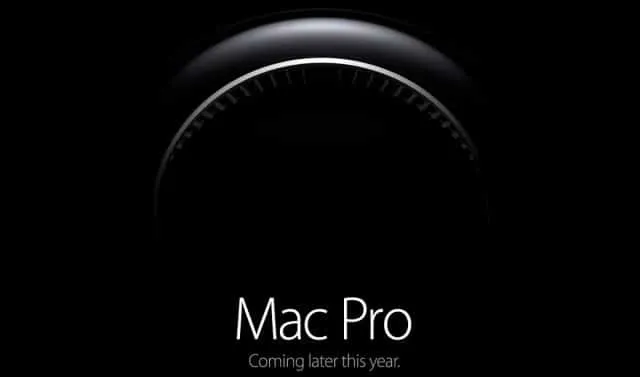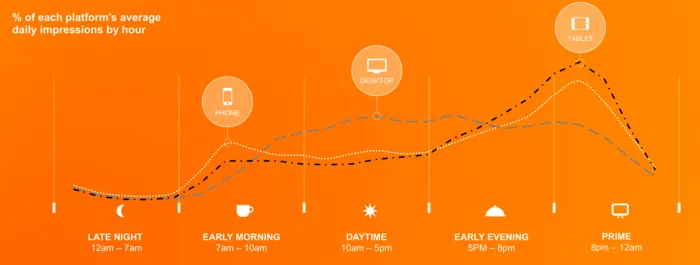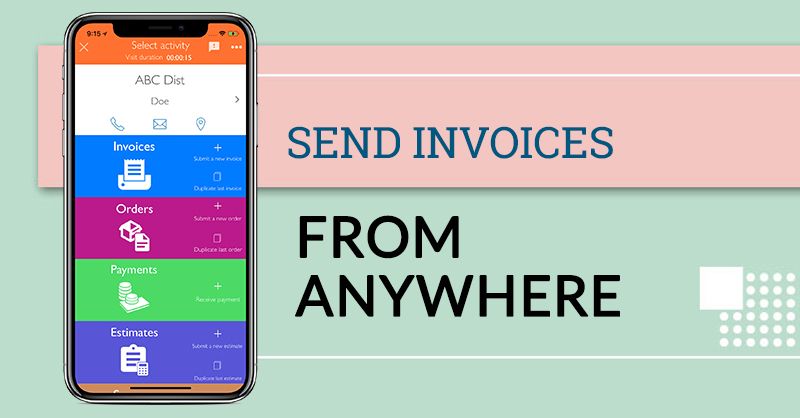

Mobile App Marketing – Are Pre Launch Activities Necessary?

Imagine an app launch event that occurs unexpectedly. No one knows anything about the app’s niche or what it does or what its outstanding features are. You can gather some bits and pieces as you attend the launch though. But that’s all.
Somehow, you may succeed in figuring out that the app is another application based on crossword puzzles. Since the new app is just another gaming app, why bother attending the launch event, you think. After all, as of the first quarter of 2018, you have nearly 361,877 mobile gaming apps available in the app stores to choose from anyway.
With such a variety to select from, it does not make sense why anybody would want to download the new app. Later on, as the app marketing strategies roll in place, a feature or two of the application may seem attractive. Subsequently, you may download and install it. But, chances are that you won’t.
Did you notice how little to no enthusiasm accompanied with the release of the app can do with the download rate of the app? That is all due to zero pre-launch marketing activities. And this isn’t something that you’d want for your app because no hype for the app or zero recognition can make your app a flop among the masses.
This sets the significance of chalking out a marketing strategy that unfolds before the launch of the smartphone application. Let’s dig deeper into this.
The importance of pre-launch app marketing activities
There are roughly 2 million apps in the Apple app store and 3.8 million apps in the Play store. These whopping numbers translate into people having lots of options at their fingertips. Thus, even if your newly developed mobile application were gold-plated, users would not be able to see it through the crowd.
In this regard, a pre-launch marketing strategy gives wings to your app so that it can stand out in the app population. Marketing tactics help outline the best features of your application.
For instance, the eyewear retailer, Warby Parker’s smartphone application boasts a unique feature. It makes suggestions for glasses that suit your face using the face-mapping technology. Consequently, it attracts a broad audience.
The marketing tactics that you employ in advance of the app’s launch, therefore, help shine the light on the unique features of your app. Without it, users would not know what your app has to offer, which can result in the app’s progress going down like a lead balloon.
Pre-launch marketing tactics help build the hype
There are roughly 10,000 new additions to app stores daily. To make your upcoming application steal the limelight, it is best to build anticipation with appropriate marketing steps. You can seek inspiration from Apple in this case.
Before the launch of any of its products, let’s take Mac Pro, for example, the tech giant releases only teasers initially. These give subtle details that pique the viewers’ interest. Have a look below:

Such marketing tactics set an excited buzz in the air before the launch. By the time the product releases, the audience is already amped up to make the purchase. This applies to mobile applications too. The right marketing moves before the release of the smartphone app can instill curiosity and interest that is crucial for increasing app downloads in the future.
They serve as an opportunity to find out more about your audience
A pre-release app marketing plan can help you unearth more about your audience. This allows you to approach them better, setting the foundation for the success of the app. The Mobile Marketing Statistics Compilation gives deep insight into customer behavior patterns.
For example, it highlights that people spent 90% of their smartphone time on apps. Digging deeper into the analysis also shows the times when people use their apps as shown below:

Remember that each target audience, ranging from digital nomads to senior folks, has a different usage, and spending patterns. Each class also has varying needs. Once you uncover such insights with the help of a prelaunch marketing analysis plan, you can outline your customers’ availability and needs.
In this way, you can gain more users, bring your app to their attention better, and gain greater traction overall.
They help you get more feedback
A pre-launch marketing strategy is also fruitful for getting feedback for your newly developed app. It is possible for your app to face a problem or two even after the app development team has given a green signal. You can pick up these issues during the early launch phase by recruiting beta-testers.
Overlooking such an important matter is foolish. Even a minor issue such as slow page loading can snatch users from your mobile app if not rectified before the app is made available.
A survey confirms this as it shows that 61% of the folks expect an app to start within four seconds. 49% also say that they anticipate it to work in roughly 2 seconds. Moreover, the same research underlies that 80% of the people would use a problematic app for no more than three times or less.
In this regard, beta testing is helpful for receiving some unbiased feedback from your target audience. Start with identifying the customer profiles you want to tap into. Then, hunt down channels you can connect them with. Lastly, recruit beta testers. All this only becomes possible by employing early marketing activities.
Early marketing plans optimize your app in the App Store
Pre-marketing strategies help boost your application’s ranking in the app store by what is known as App Store Optimization (ASO). Most of the successful app owners dedicate a specific budget to ASO, as it increases your smartphone app’s visibility in the app store.
Some of the chief areas that should be focused in this regard include your app name, keyword, and description. Start with keyword research to find out high-ranking keywords. To this end, you can check out your competitors.
Once you have a few good keywords, plan your app’s name using the best of them. Make sure that your approach to using the keyword is natural and subtle. A keyword that is forcefully inserted gives off vibes of spam. Once done, curate your application’s description using keywords.
It is crucial to keep experimenting with your keywords. Hence, this step extends into the post-launch marketing phase. Every time you use a new set of keywords in your description, track your rankings to see which keywords reap optimal results.
Pay attention to your app’s visuals too. These include the app icons, preview videos, and screenshots that entice users to download your app. Screenshots and preview videos should particularly highlight the best features of your software.
Early marketing tactics get you press coverage
An essential ingredient of a pre-launching marketing plan is setting a release date. You may want to make your app available the moment it is ready, but the haste can kill the buzz. A well thought out release data entails proper research into the tech world.
Make sure that the date you select does not coincide with key events in the tech world. Otherwise, it will fail to make any substantial impact. Also, setting a launch date means that you can get adequate press and influencer coverage. This helps build anticipation.
Do not forget to prepare a press kit. It is a comprehensive resource for influencers and journalists. A press kit is packed with all the vital information concerning your app. This includes images and context, which are vital prerequisites for getting your software an excellent review.
An example to learn from is Hatch, a virtual pet app that announced its release date a year before the launch. Its preview website exhibited a video that encouraged users to “adopt” a pet. This sparked curiosity and got people to sign up for the app. With all its marketing efforts, the app earned the number one position in the App Store within a few days of its release.
Conclusion
Summing up, an early marketing plan is crucial for your app’s success. Without a proper pre-launch strategy, your app can come a cropper. On the other side, an adequate marketing plan gets you sufficient exposure through the press, instills interest, helps you learn about your target audience and explore ways to reach them better. You can also get impartial feedback via beta testers.




